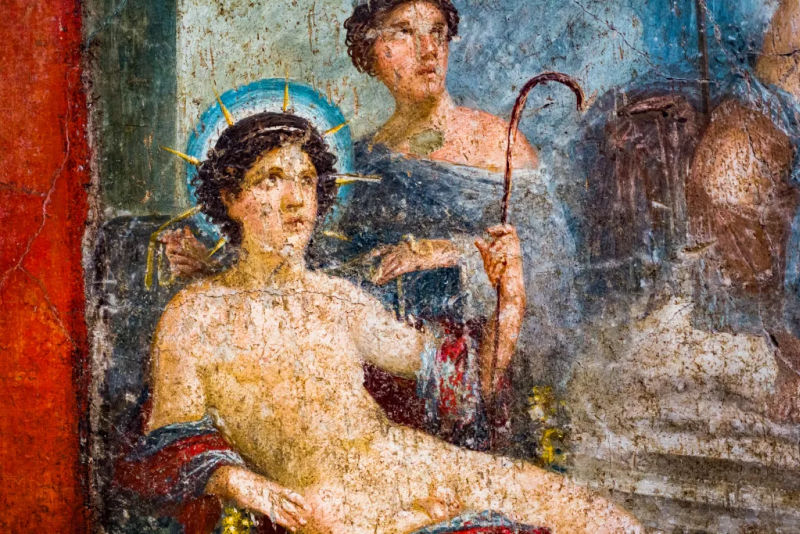false teachings
Early Christian Views
During Christianity’s first two centuries, there was significant resistance to celebrating birthdays, including that of Jesus. According to Encyclopaedia Britannica, early Christians viewed birthday celebrations as a pagan practice to be avoided. Notably, the Bible itself contains no reference to Jesus’s birth date.
Introduction of Christmas
A significant shift occurred in the fourth century CE when the Catholic Church established Christmas, despite early Christian opposition to birthday celebrations. This decision was strategically motivated, aiming to strengthen the Church’s position by addressing a major challenge: the widespread popularity of pagan Roman religions and their winter solstice festivals.
Roman Festivities
The Roman calendar featured extensive celebrations from 17th December through 1st January. As Christmas in America by Penne L. Restad notes, “most Romans feasted, gamed, revelled, paraded, and joined in other festivities as they paid homage to their deities.” A particularly significant celebration occurred on 25th December, marking the birth of the Invincible Sun, NOT the birth of Jesus.

Strategic Adaptation
By establishing Christmas on 25th December, the Church encouraged Romans to redirect their celebrations from the sun’s birth to Jesus’s birth, meaning Romans “were still able to enjoy the trappings of these midwinter festivals” and effectively “continued to mark the new days with old ways.”
Cultural Synthesis
This historical context reveals how Christmas emerged as a blend of religious innovation and cultural accommodation, with the Church adapting existing celebrations rather than creating entirely new traditions.
The Core Issue
The fundamental problem with Christmas celebrations lies in their problematic origins. Stephen Nissenbaum, in his book The Battle for Christmas, characterises the festival as “nothing but a pagan festival covered with a Christian veneer.”
Biblical Perspective
This mixing of pagan practices with Christian worship presents a serious spiritual concern. The Bible directly addresses such combinations, asking: “What fellowship do righteousness and lawlessness have? Or what sharing does light have with darkness?” (2 Corinthians 6:14)
Fundamental Incompatibility
Just as a tree that grows crooked cannot be straightened, the foundations of Christmas are fundamentally misaligned with true worship. As noted in scripture, it “cannot be made straight.” (Ecclesiastes 1:15)
Spiritual Implications
Given these origins and Biblical principles, Christmas celebrations can be seen as actually dishonouring to both God and Jesus Christ, representing a departure from pure worship rather than an enhancement of it.
Historical Legacy
This historical foundation continues to influence modern celebrations, suggesting that the festival’s problematic origins cannot be separated from its contemporary observance, regardless of current intentions or practices.







